
By Joshua Worlasi AMLANU
The Bank of Ghana is seeking to strengthen its currency forecasting and management systems, amid rising demand for physical cash and parallel growth of digital payments.
Speaking on behalf of Governor Dr. Johnson Pandit Asiama at the West African Institute for Financial and Economic Management (WAIFEM) workshop on currency management opening, Mr. Dominic Owusu, Director-Currency Department, said the central bank is prioritising innovation of its cash supply chain and investing in systems to better predict demand, reduce costs and preserve the national currency’s integrity.
“This workshop brings together regional experts to reflect on issues including accurate forecasting, maintaining clean and durable notes and leveraging technology to modernise our operations,” he said.
Despite a global shift toward electronic payments, cash remains the dominant medium of exchange in Ghana’s formal and informal economies.
Mr. Owusu acknowledged this enduring role and stressed the importance of balancing physical and digital ecosystems. “Cash continues to play a vital role in our economy. It remains the most trusted and accessible means of transaction,” he said.
The Bank of Ghana is automating its cash centres, reviewing outdated legislation and rolling out stronger public education initiatives aimed at encouraging better handling of currency. Officials say this is part of a broader effort to enhance operational efficiency and reduce note replacement costs driven by poor cash management and environmental factors.
Currency degradation remains a persistent issue. Mr. Owusu cited the country’s tropical climate as a contributing factor to faster deterioration of notes compared with those in temperate regions.
“When the same notes are used in different climates, they wear out at different rates,” he noted. “Frequent replacement comes at a cost to the economy.”
Another area of focus is counterfeit prevention. While Ghana reports relatively low levels of counterfeiting, other countries in the sub-region face greater challenges. The workshop aims to equip participants with tools to authenticate currency and prevent fraudulent use.
Mr. Owusu noted that trainees are expected to disseminate these practices across institutions in their home countries.
The central bank also used the platform to signal its leadership role in West Africa. Ghana, he said, has become a reference point for currency governance and operations.
“We’ve become a model – not just in West Africa but across Africa,” he said, pointing to the country’s recent reforms and best practices.
As part of its public engagement strategy, BoG is preparing to launch a new currency education campaign in connection with the cedi’s 60th anniversary. The initiative will coincide with a global conference scheduled for November 2025, bringing together central banks, policymakers and currency production institutions to reflect on six decades of Ghana’s monetary sovereignty.
The cedi was introduced on July 19, 1965 – replacing the Ghanaian pound – and is seen as a core symbol of the country’s economic identity. “Currency is not just a transaction tool. It is a symbol of national pride and economic stability,” Mr. Owusu said.
He stressed the symbolic and practical importance of maintaining clean currency in circulation, noting that the country’s notes’ condition reflects the economy’s broader health. “Clean banknotes mean a clean economy. It tells a story about how people live,” he said.
The post BoG eyes stronger currency forecasting appeared first on The Business & Financial Times.
Read Full Story











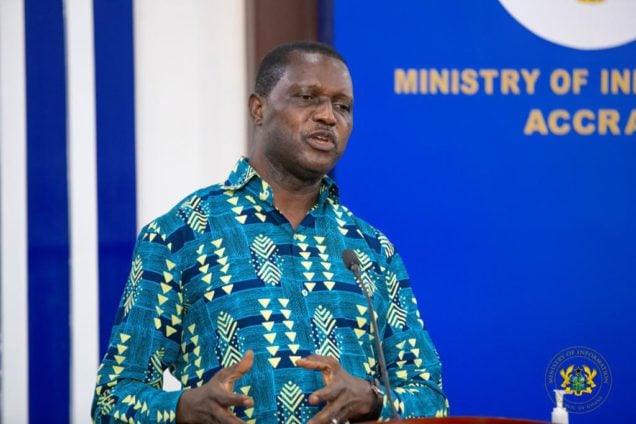
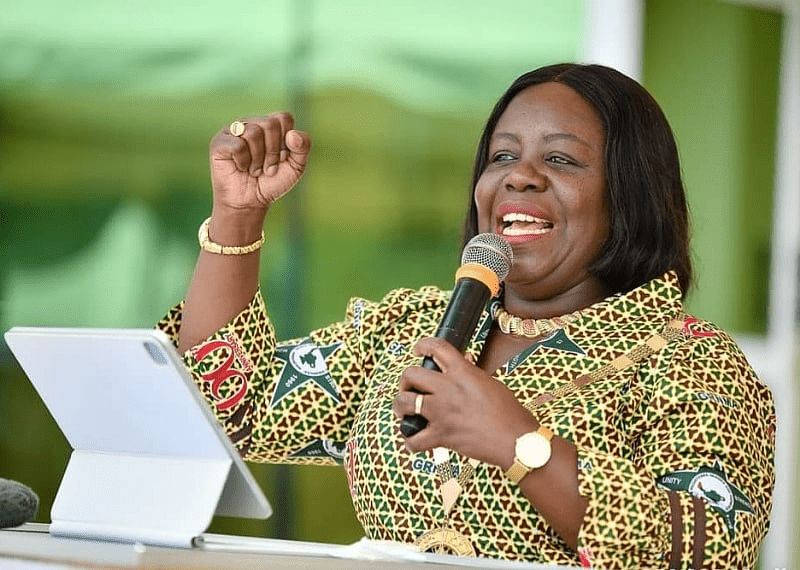



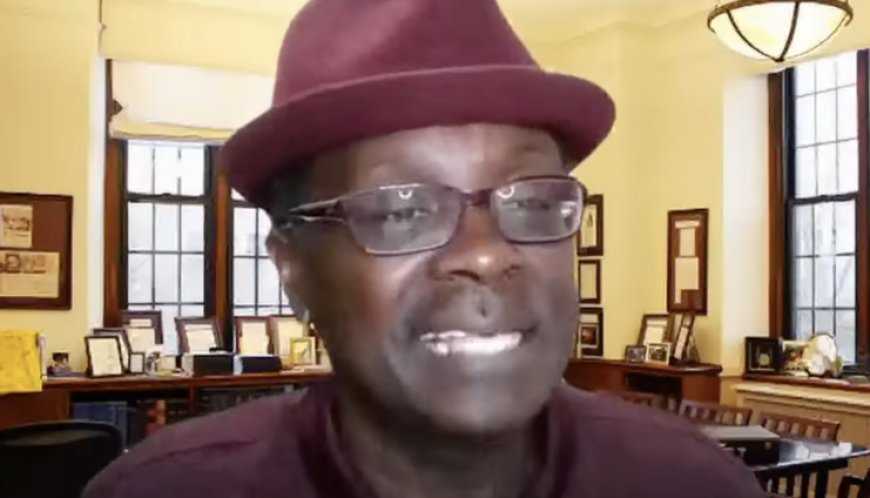

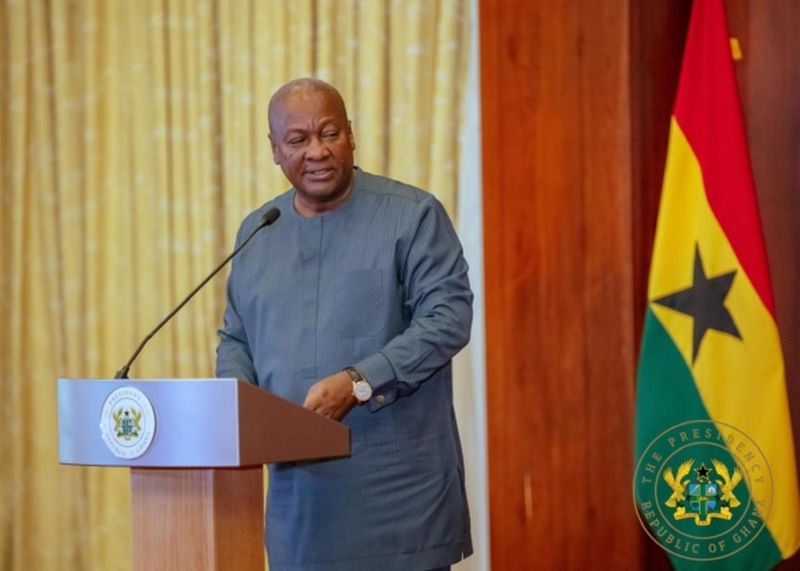


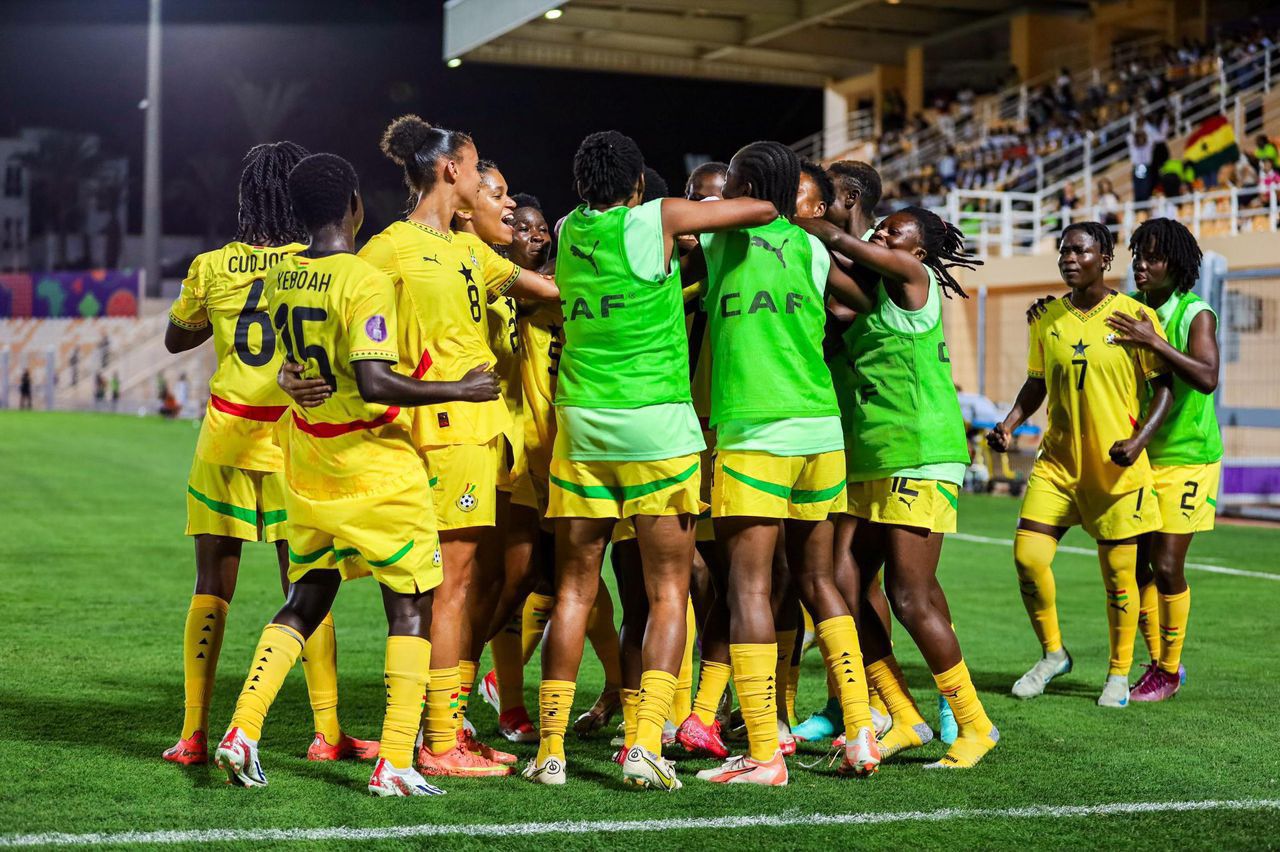
Facebook
Twitter
Pinterest
Instagram
Google+
YouTube
LinkedIn
RSS